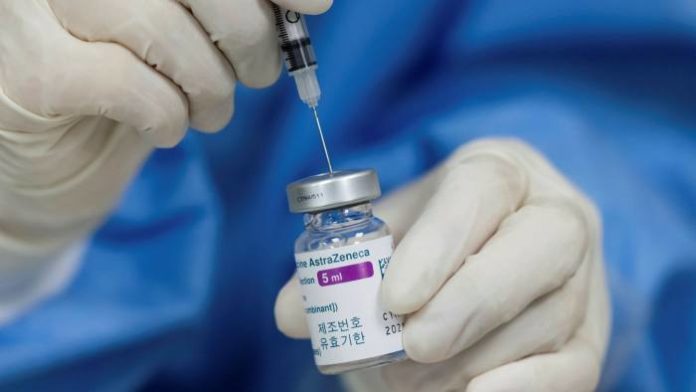The risk of developing a blood clot after having COVID-19 is eight times higher than after being given the Oxford-AstraZeneca jab, according to a study by Oxford University.
Cerebral venous thrombosis (CVT) occurred in 39 in a million COVID-19 patients, compared with about five in a million people given the AstraZeneca vaccine.
In the study of over 500,000 coronavirus patients, the risk was reported to be around 100 times higher than normal after infection.
Numerous countries have limited use of the vaccine to certain age groups or paused its rollout – with Denmark even dropping the jab from its vaccination programme permanently – following reports of very rare cases of blood clots.
The UK’s medical regulator has said the vaccine is still safe and effective but has limited its use in those under 30 as this age group is less at risk of becoming seriously ill with coronavirus.
However, the Oxford study suggested around a third (30 percent) of the CVT reports after COVID-19 infection were in people under 30.
Scientists have said the technology used in the Oxford-AstraZeneca vaccine, harnessing an adenovirus, has been linked to a slightly increased risk of blood clots.
It’s the same explanation for the Johnson& Johnson vaccine, which has been paused in the US after a handful of clotting reports there. (CGTN Africa)




